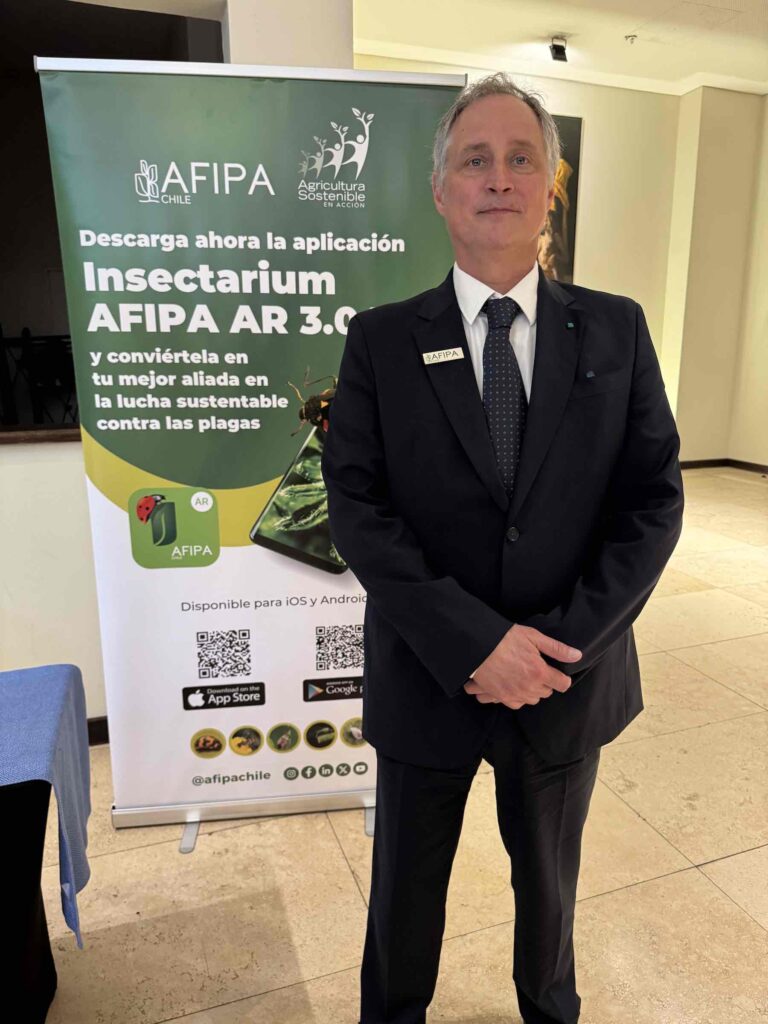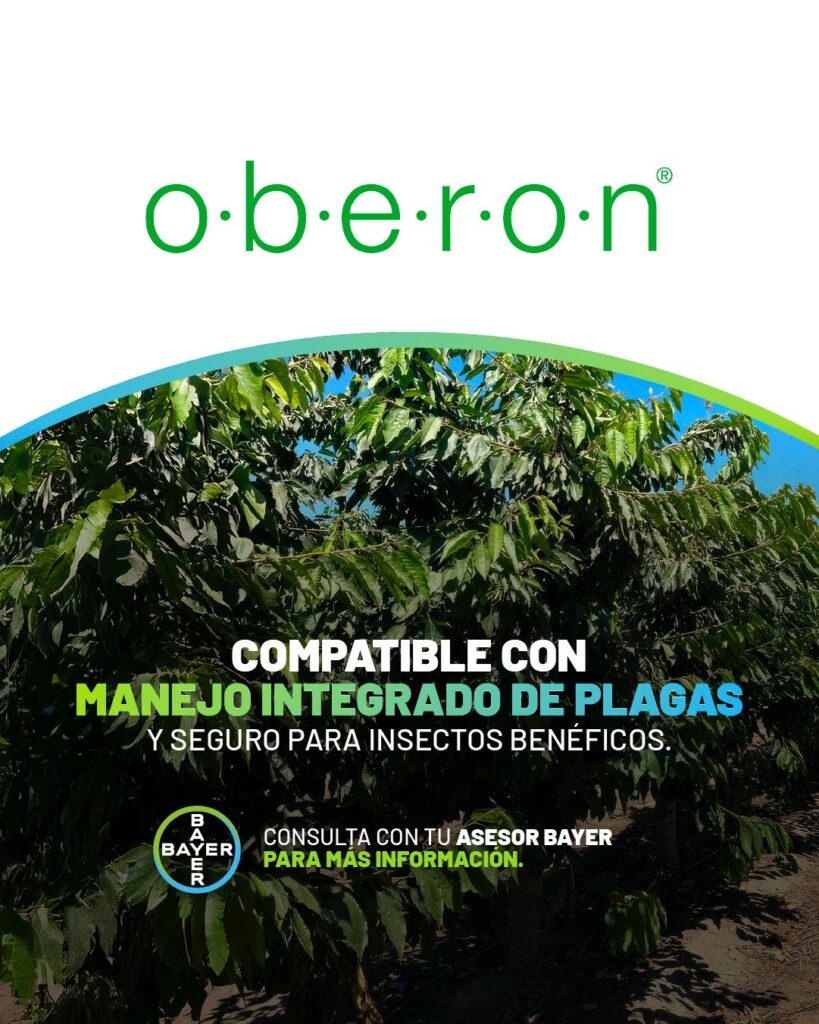Have you heard of SixSigma, Kaizen, Lean? Yes, they are continuous improvement methodologies (continuous improvement). Most of them come from the same place, in the United States, at the hands of the American electrical engineer and physicist Edward Deming in the 1950s. Deming, an engineer from the University of Colorado and a doctor from Yale University, worked in parallel not only in the academic field but also for the agricultural census department and the arms industry of the American government, where he generated profound changes in the way of improving the functioning of all the processes that affect management and production.
However, his big break came after World War II, when he was called to give some seminars in a Japan under reconstruction. His enthusiasm in finding the reasons why Mazda's Japanese transmissions, being technically the same as Ford's, were selling less led him to be widely recognized and sought after. He played a key role in the survival of Toyota and SONY. He also inspired a whole generation of Japanese engineers who made the industry shine to the point of generating strong concern in the United States itself (see the report "If Japan can, why can't we?").
Deming, though not Japanese, was considered over the years to be one of the most influential people in the post-war development of this country, receiving important decorations. Part of his legacy is a new style of quality control, which gave rise to the concept “Kaizen” which means “change for improvement or enhancement”.
And can it be implemented in agriculture?
From our point of view, as Compass, the answer is absolutely yes and for multiple reasons:
- Perhaps the first and most powerful reason is that agriculture is full of room for improvement. Irrigation, quality control of work, application control, harvest control and administrative management. Our experience is that there is always, always, much to improve.
- The narrowness of trade margins urgently encourages better use of resources, as there are few crops left that leave much room for error.
- Agriculture is a flexible, very dynamic area (not like a bolt factory) that allows improvements to be seen from multiple areas in parallel and without necessarily the same objective.
- Continuous improvement has a short return on investment period, that is, what is invested in its implementation is recovered quickly, if done well.
- The space for saving through normal means is increasingly limited; often there is only room for this through the best use of resources.
- We have a certain outstanding responsibility as an industry with our environmental impact that can be mitigated.
Continuous improvement itself is not a course that is taught in a few days, nor is it just a certification (both exist). What is interesting and what is our strength is a path towards implementation, the process to carry out changes on issues that need to be improved and that must positively impact the economic results of our industry.
For more information, we recommend this complementary reading and of course our contacts are available to answer your questions and help you build simple but solid information systems that can be used as tools for your team to control your work.








